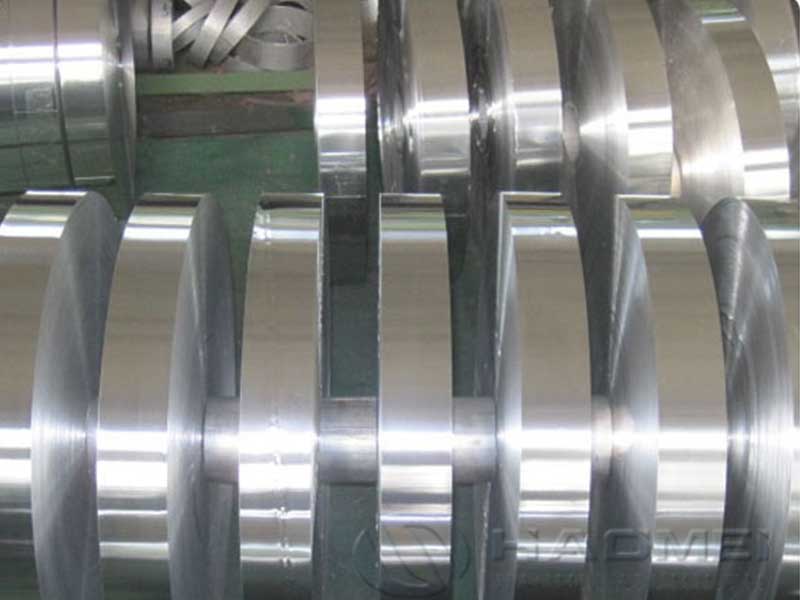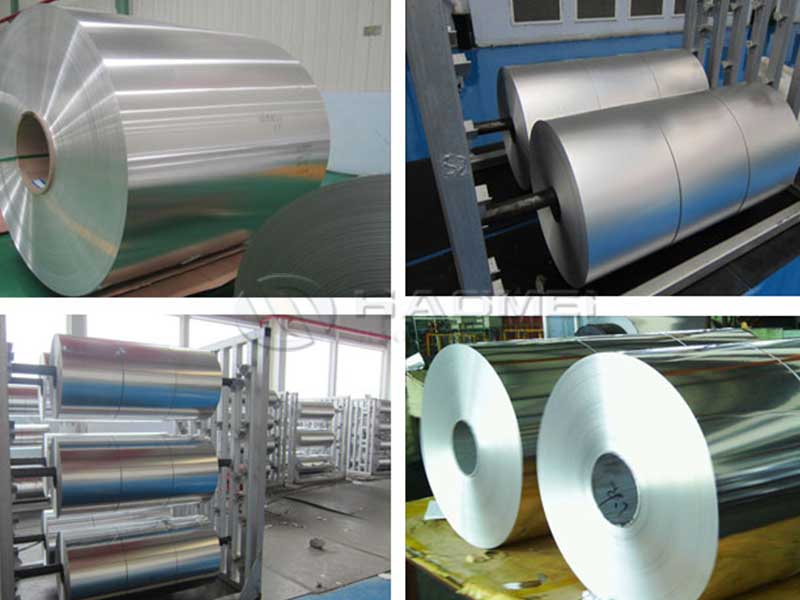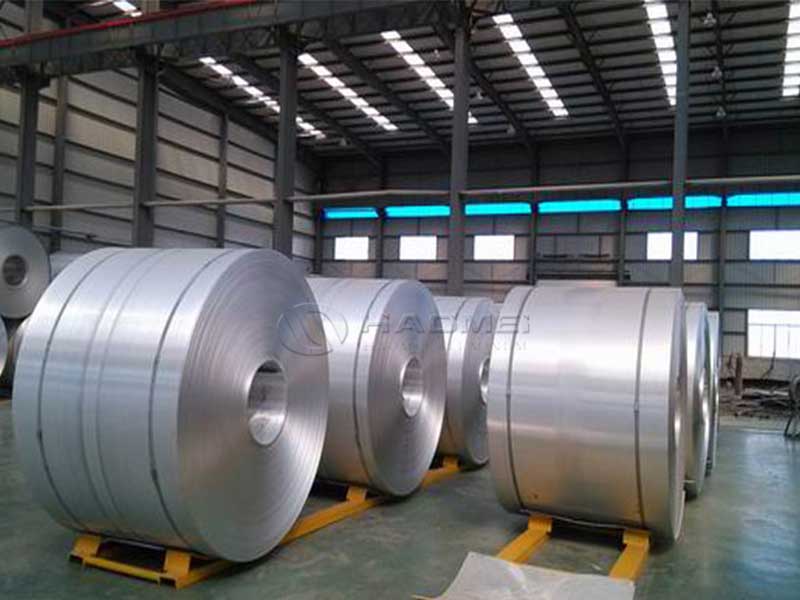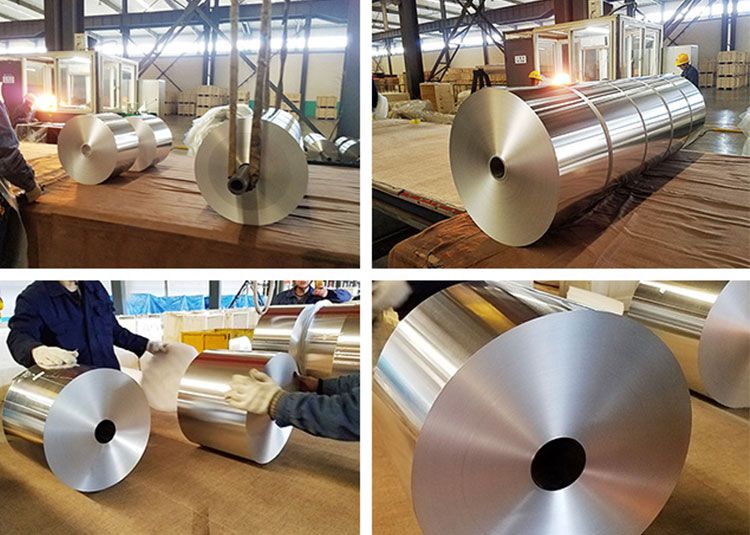Aluminum foil has long been recognized for its multifaceted applications, particularly in packaging, insulation, and the food industry. However, one of its most crucial roles might be lurking in plain sight—within the electronic components known as film capacitors. If you're curious about the significance of aluminum foil in film capacitors, continue reading to learn about its properties, advantages, and applications.
What is a Film Capacitor?
Film capacitors are passive electronic components that store and release electrical energy. They consist of a dielectric film made from various materials, including polyester, polypropylene, and polycarbonate, sandwiched between layers of conductive electrodes. Aluminum foil serves as a vital conductor in these capacitors, establishing a closed circuit for the controlled flow of electricity.
Properties of Aluminum Foil Used in Film Capacitors
-
High Conductivity: Aluminum foil’s excellent electrical conductivity makes it a preferred choice for film capacitors. Its relatively low resistance to electrical current ensures efficient energy transfer and improved performance.
-
Corrosion Resistance: The natural oxide layer that forms on aluminum helps protect it from corrosion, thereby enhancing the lifespan of film capacitors. This feature is significant, especially in outdoor applications where moisture and humidity are common.
-
Lightweight yet Durable: One of aluminum foil's key benefits is its lightweight nature paired with high structural integrity. This characteristic allows manufacturers to produce compact capacitor designs without compromising performance.
-
Thermal Stability: Aluminum can operate effectively across a wide temperature range, which is essential for electronic applications that may experience varying thermal conditions.
Advantages of Aluminum Foil in Film Capacitors
-
Compact Design: The use of aluminum foil enables manufacturers to create smaller and lighter film capacitors, accommodating modern electronic devices that demand compactness without sacrificing capacity.
-
Cost-Effectiveness: Aluminum foil is not only AAA accessible but also relatively inexpensive. This affordability translates into lower production costs for film capacitors, making them cost-effective for consumers.
-
Balancing Performance and Affordability: The combination of conductivity, durability, and cost-effectiveness ensures that film capacitors utilizing aluminum foil maintain a high-performance benchmark while remaining market-competitive.
Applications of Aluminum Foil Film Capacitors
Aluminum foil is particularly beneficial for various applications across multiple industries, such as:
-
Consumer Electronics: Film capacitors can be found in smartphones, tablets, and laptops. Using aluminum foil ensures these devices benefit from compact designs without compromising on performance.
-
Power Supply Units: Integrated into power supply systems for computers and other electrical devices, these capacitors improve stability in energy dispersal and protect the system from overload.
-
Automotive Industries: With the rising trend of electric vehicles, film capacitors utilizing aluminum foil play a pivotal role in battery management systems and energy recuperation.













